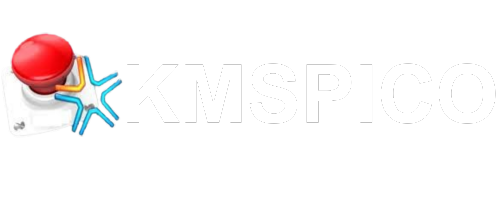All trademarks, registered trademarks, product names, company names, or logos displayed on kmspico.com are the property of their respective owners. KMSPico complies with the Digital Millennium Copyright Act (DMCA) by promptly addressing infringement notices in accordance with the DMCA and other applicable laws. As part of our response, we may remove or disable access to content on kmspico.com that is alleged to be infringing. In such cases, we will make a good-faith effort to contact the individual or entity that submitted the affected material, allowing them to submit a counter-notification in line with DMCA procedures.
To better understand your rights and obligations under the DMCA or other relevant laws, we recommend consulting a legal professional before submitting a Notice of Infringement or Counter-Notification. The following notice requirements are designed to fulfill KMSPico’s obligations under the DMCA, particularly section 512(c), and do not constitute legal advice.
Notice of Copyright Infringement
To file a notice of infringement with KMSPico, please provide the following information:
- A physical or electronic signature of the individual or development team authorized to act on behalf of the owner of the allegedly infringed exclusive right. Third-party organizations must include a copy of a “Physical Authorization Letter” granting them authority to manage the relevant copyrights.
- Identification of the copyrighted work claimed to have been infringed or, if multiple works are covered by a single notification, a representative list of such works on the kmspico.com website.
- Specific URLs or other identifying information to help us locate the allegedly infringing content quickly (URLs provided in the body of an email are preferred).
- Sufficient contact information for the complaining party, such as an email address, telephone number, or mailing address, to allow KMSPico to reach out.
- A statement that the complaining party has a good-faith belief that the use of the material in the manner complained of is not authorized by the copyright owner, their agent, or the law.
- A declaration that the information provided in the notification is accurate and, under penalty of perjury, that the complaining party is authorized to act on behalf of the owner of the allegedly infringed exclusive right. (Note: Under Section 512(f) of the DMCA, anyone who knowingly and materially misrepresents infringing material or activity may be liable for damages.)

